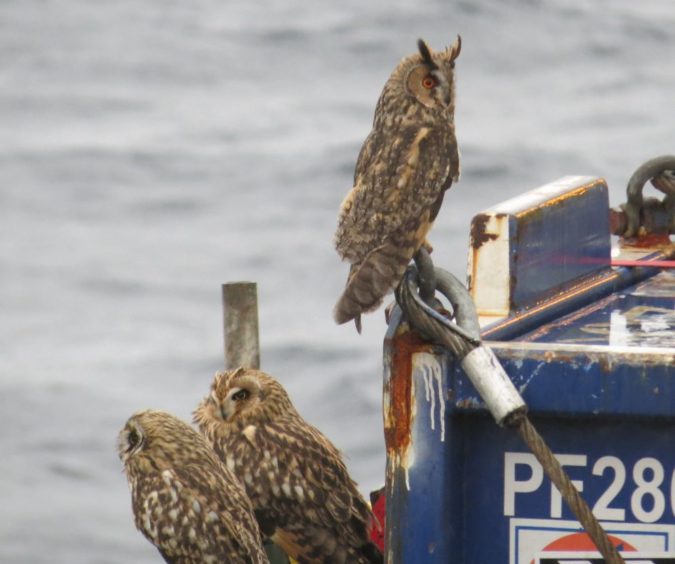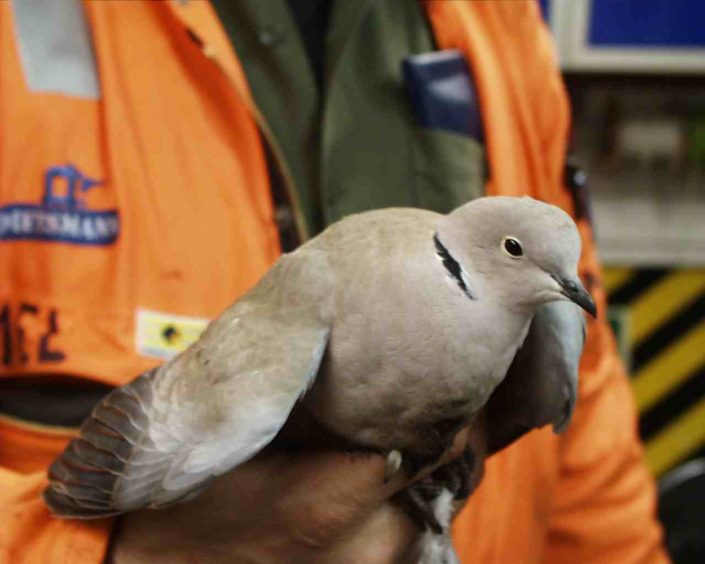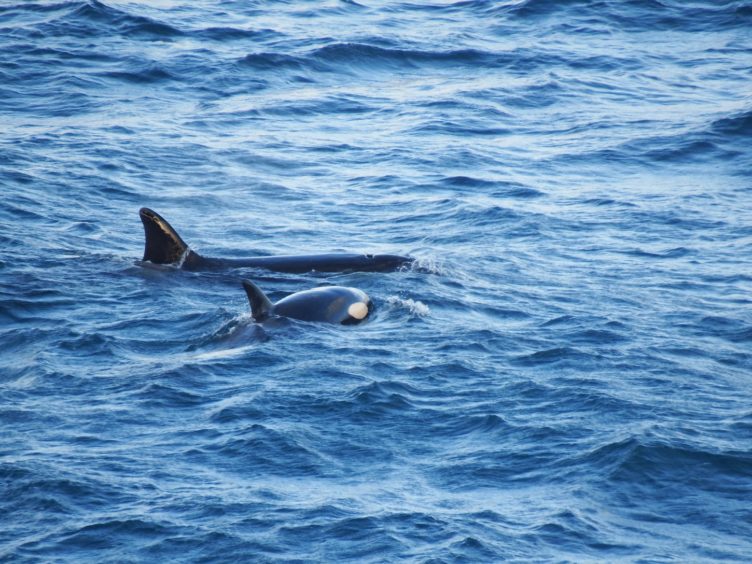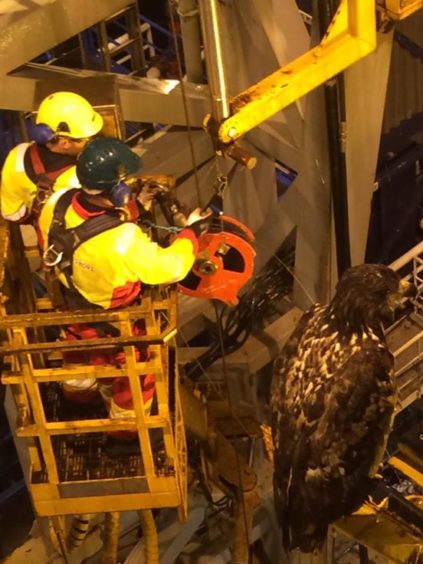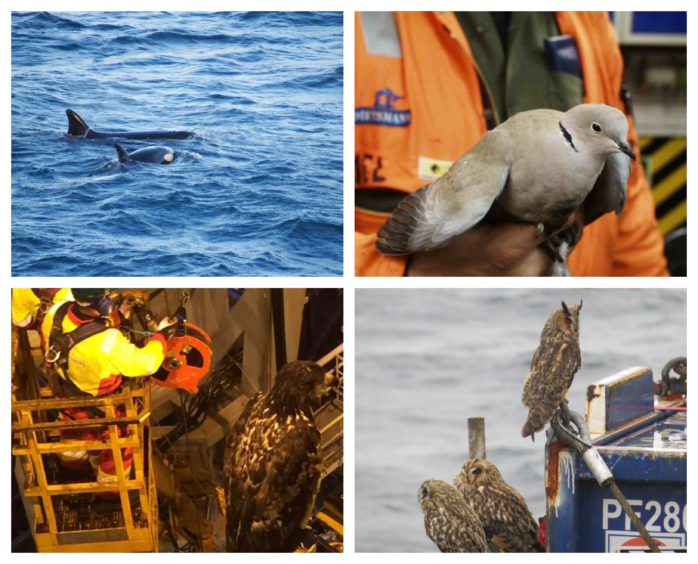
The effects of the oil downturn have brought the end to a 40-year-old scheme to record sightings of birds and marine life in the North Sea.
In 1979, the North Sea Bird Club (NSBC) was established to study the impact of oil platforms on migration patterns, since collecting more than 150,000 records of birds, bats, insects and mammals spotted on or near the installations.
However, the number of submissions from volunteers has dwindled in recent years, with the 2014 downturn reducing the number of workers offshore and increasing the rate of platforms being decommissioned.
At its height during the 1980s, the group had a large range of contributors sending in sightings but those numbers dropped into low single figures by December 2019.
Changes to working practices, such as HSE guidelines restricting the use of cameras and mobile phones on platforms decks, also contributed.
The club, which entirely relies on sponsorship from oil companies, said this ultimately meant it could no longer justify requests for funding.
Andrew Thorpe, recorder of the NSBC, which based in Newburgh, said: “It’s a mix of emotions.
“The club has been a part of my life for 20 years and it is a shame because, ironically, in the past couple of years we have had some very rare birds appear on the rigs.
“I write an annual report and try to make some comments on what’s been sighted but that becomes difficult if you don’t have enough to make any scientific conclusions.”
Since its inception, the club has recorded everything from rare sea eagles to owls and common garden birds on the platforms.
The NSBC had the first British record of a Pacific Swift in 1981, which normally breeds in the Far East, and has recorded more than 300 sightings of Killer Whales.
Despite closing, the club’s database of sightings, maintained by Aberdeen University, will still be available for future academic research as it will be passed on to groups including the National Biodiversity Network and the British Trust for Ornithology (BTO).
Mr Thorpe added: “It has been an important part of my life and it has been quite exciting finding some things that we had no idea were out there.
“When they started up the club I think they would have been very pleased to think it could have lasted for 40 years.
“I think they might have thought the oil would have ran out long before then.”
Any future records of birds on offshore installations should be sent to Birdtrack, which can be accessed through the BTO website.
Recommended for you


